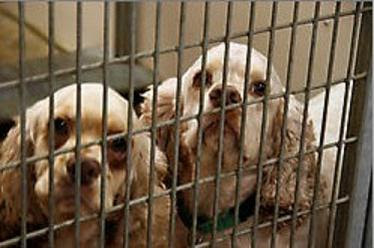If you've never read this, and most people haven't, be prepared for a shock. Felix Salten's masterpiece Bambi: A Life in the Woods was written in 1923. As a Hungarian Jew living in Austria (later to flee to the United States), he already felt the seismic trembling that foretold the rise of the Third Reich. At least, I think he did. Those deer, the dire conversations they have, are full of hopelessness and doom. Little Gobo vibrates like thin glass before an earthquake.
This ain't the Bambi you knew and loved. There isn't a character named Thumper, though Friend Hare and his family come to a very bad end. This is nature red in tooth and claw, but it's also the heartless greed and oppression of humans as they rape and plunder Eden, just as they always do. Suitable for small children? I wonder.


























































